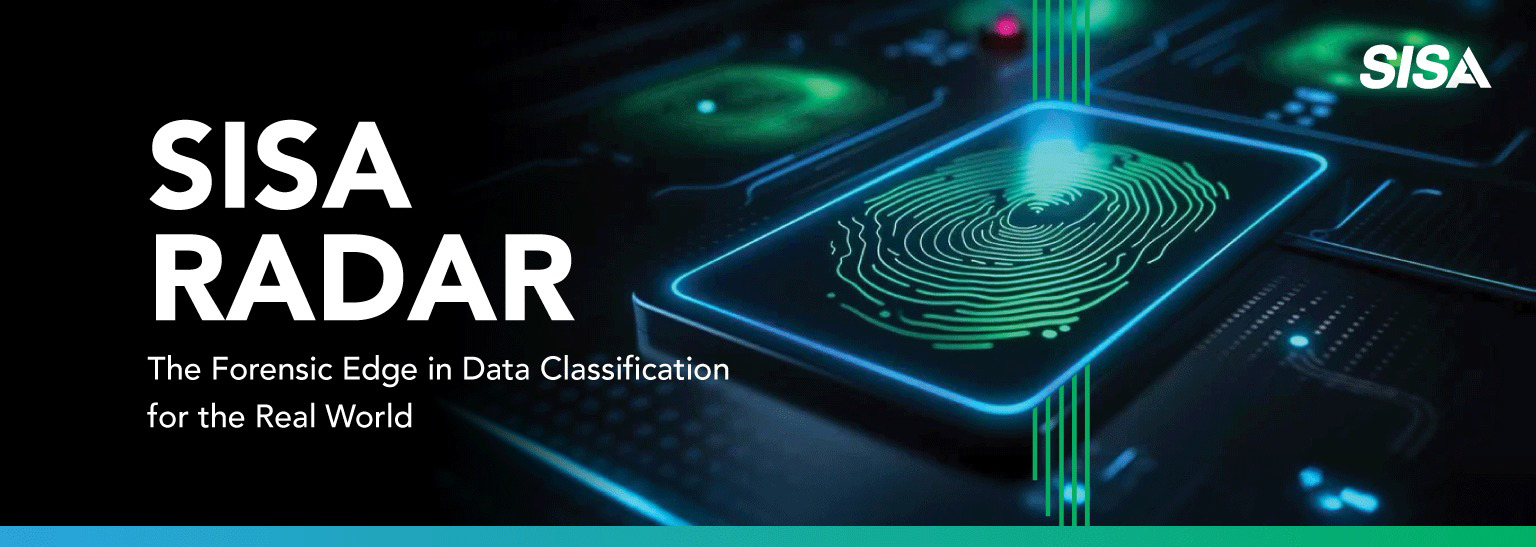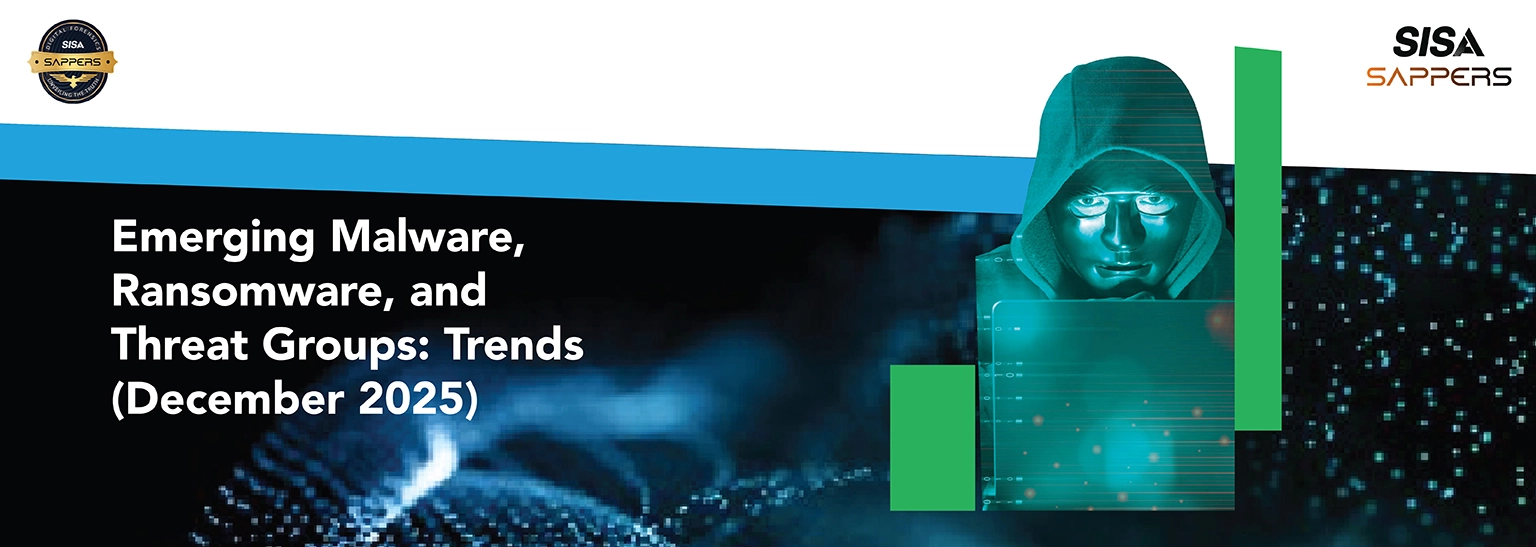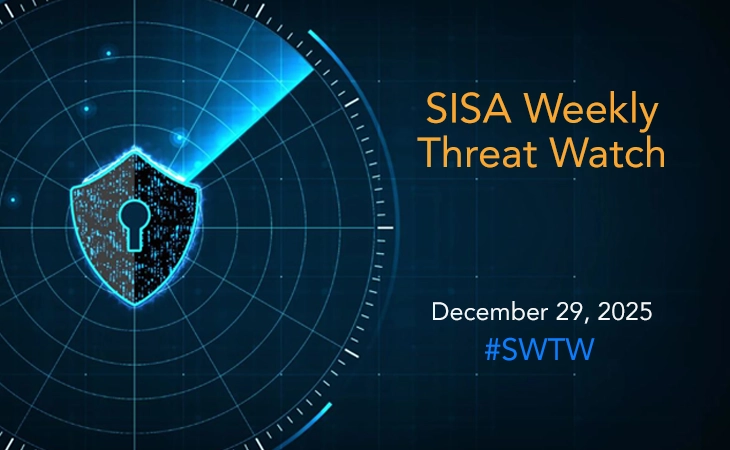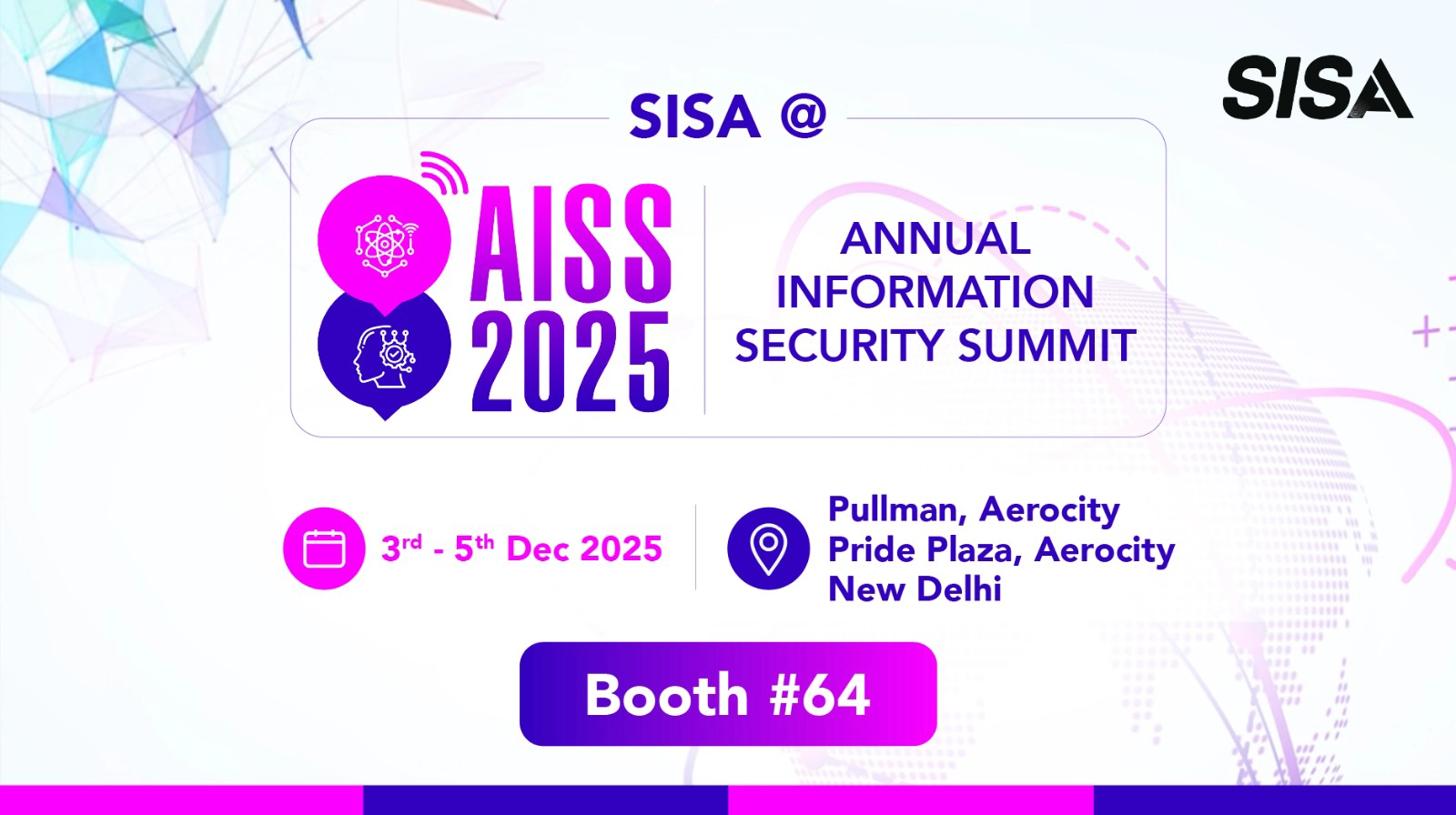
How to Become PCI Certified? Its Importance & Implications in India 2025
With India’s digital economy booming, securing payment card data is critical. The Payment Card Industry Data Security Standard (PCI DSS) certification ensures businesses protect cardholder information, fostering trust and compliance. As the PCI DSS 4.0 deadline looms on March 31, 2025, understanding how to achieve certification, its importance, and its implications for Indian businesses is vital. This blog outlines the steps to become PCI certified and explores why it matters in 2025.
What is PCI DSS Certification?
PCI DSS is a global set of security standards established by major credit card brands (Visa, Mastercard, American Express, Discover, and JCB) to safeguard cardholder data. Compliance ensures businesses maintain a secure environment for processing, storing, or transmitting credit card information. With cybercrime costing India an estimated ₹20,000 crore in 2025, achieving PCI DSS certification is a necessity for businesses in retail, finance, and healthcare.
How to Become PCI Certified in 2025
Becoming PCI certified involves a structured process to meet the 12 key requirements of PCI DSS 4.0. Follow these steps to achieve and maintain certification:
- Determine Your PCI Level: Identify your compliance level based on annual transaction volume (Level 1: >6M transactions; Level 2: 1M–6M; Level 3: 20,000–1M e-commerce; Level 4: <20,000 e-commerce or <1M total).
- Scope Your Environment: Map all systems, processes, and personnel handling cardholder data to define the Cardholder Data Environment (CDE).
- Conduct Assessments: Complete a Self-Assessment Questionnaire (SAQ) for smaller businesses or engage a Qualified Security Assessor (QSA) for larger organizations to evaluate compliance.
- Perform Gap Analysis: Compare current security measures against PCI DSS 4.0 requirements to identify deficiencies.
- Remediate Gaps: Implement solutions like encryption, multi-factor authentication (MFA), and web application firewalls to address gaps.
- Run Vulnerability Scans: Conduct quarterly scans using an Approved Scanning Vendor (ASV) to detect network weaknesses.
- Perform Penetration Testing: Annually test systems to uncover vulnerabilities through simulated attacks.
- Compile Compliance Documentation: Prepare a Report on Compliance (ROC) or SAQ and an Attestation of Compliance (AOC).
- Submit Reports: Submit AOC and ROC/SAQ to your acquiring bank or payment brand.
- Maintain Continuous Compliance: Regularly monitor, test, and update security measures to stay compliant with evolving threats..
Importance of PCI DSS Certification in India 2025
Being PCI certified is more than a regulatory requirement, it’s a business enabler in India’s fast-growing digital payment landscape. Here’s why it’s critical:
- Data Protection: Encrypting cardholder data prevents breaches, safeguarding customers from financial loss and identity theft.
- Customer Trust: The Thales 2024 Consumer Digital Trust Index shows consumers prioritize data security, making compliance a key driver of loyalty.
- Avoiding Penalties: Non-compliance can lead to fines of $5,000–$100,000 monthly, impacting businesses financially.
- Reputation Management: Compliance reduces breach risks, protecting brand reputation in a market where 69% of consumers avoid breached organizations.
- Regulatory Compliance: Meets industry standards, ensuring seamless partnerships with payment processors and banks.
In India, where digital transactions are surging, PCI DSS certification is essential for businesses to maintain trust and competitiveness.
Implications of PCI DSS Certification for Indian Businesses in 2025
PCI DSS certification has profound implications for Indian businesses, particularly through employee training, which is vital for compliance and security. Here’s how:
- Protects Customer Data: PCI training equips employees to handle sensitive credit card data securely, reducing risks of breaches that could lead to financial loss or identity theft for customers.
- Ensures Regulatory Compliance: Trained employees help organizations avoid hefty fines and lawsuits by adhering to PCI DSS 4.0 standards, such as MFA and encryption requirements.
- Reduces Data Breach Risks: Training minimizes human errors, a leading cause of breaches, by teaching employees to recognize phishing, social engineering, and other threats.
- Enhances Security Posture: Regular PCI training updates employees on evolving threats, creating a proactive defense against cyberattacks.
- Builds Customer Trust: A trained workforce demonstrates a commitment to data security, fostering customer loyalty in India’s trust-sensitive market.
Why PCI Training Matters for Employees in India
Employee training is a cornerstone of PCI DSS compliance. In India, where cybercrime is a growing concern, trained employees are the first line of defense. Benefits include:
- Increased Accountability: Training fosters a culture of security awareness, ensuring employees take responsibility for protecting cardholder data.
- Scalable Compliance: Standardized training helps businesses of all sizes meet PCI DSS 4.0 requirements, adapting to new regulations like enhanced MFA.
- Reduced Breach Risks: Well-trained employees prevent mishandling of data, lowering the 47% non-compliance rate observed in compromised merchants.
- Competitive Advantage: Certified professionals enhance organizational credibility, attracting customers who prioritize secure transactions.
Navigating PCI DSS 4.0 in India 2025
PCI DSS 4.0 introduces stricter requirements, effective March 31, 2025, including:
- Expanded MFA: Required for all CDE access, not just remote.
- Password Management: Minimum 12-character passwords and periodic changes.
- Automated Protection: Web applications must use automated solutions like firewalls.
- Annual Reviews: Regular cryptographic and training program updates.
Payment security certifications like SISA’s CPISI help Indian businesses meet these standards efficiently by equipping professionals with deep expertise in payment security.
Conclusion
Being PCI certified in India 2025 is critical for businesses handling card transactions. By following the outlined steps, scoping, assessing, remediating, and maintaining compliance, organizations can protect cardholder data, avoid penalties, and build customer trust. Employee training plays a pivotal role, reducing breach risks and ensuring regulatory adherence. With cybercrime on the rise, PCI certification is not just a requirement but a strategic advantage for Indian businesses in a digital-first world.
Latest
Blogs
Whitepapers
Monthly Threat Brief
Customer Success Stories
 USA
USA India
India APAC
APAC Middle East
Middle East Global
Global






 Facebook
Facebook Linkedin
Linkedin  X
X Youtube
Youtube








